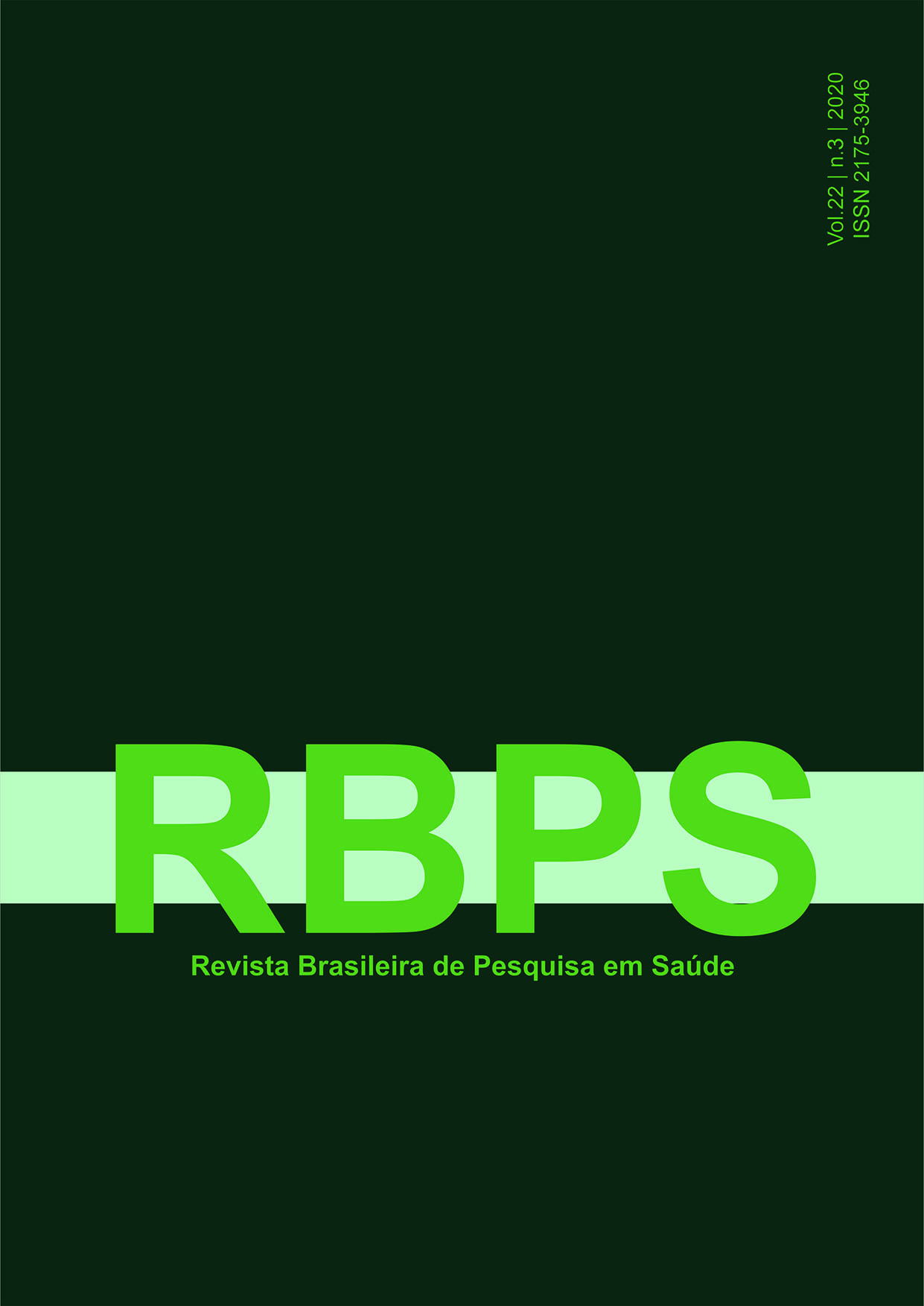Pharmaceutical intervention in the prevention of adverse events as a quality indicator of hospital assistance
DOI:
https://doi.org/10.47456/rbps.v22i3.21496Keywords:
Rational Drug Utilization, Quality Indicators, Pharmaceutical ServiceAbstract
Introduction: Clinical Pharmacy is part of the pharmaceutical care, and covers all areas of health care and it was within the hospital scope that the Pharmacy Clinic began, among the various activities performed by the clinical pharmacist, the pharmaceutical intervention is the main one. Objective: To analyze the interventions performed by clinical pharmacists during the medical prescriptions’ review in the surgical clinics, from a SUS Hospital in the city of Sobral, Ceará, in the year 2016. Methods: A retrospective, observational, exploratory and documentary study was performed through reports issued annually by this service in a database of data on the activities of the Clinical Pharmacy. Results: There were identified 1512 problems related to the drug being those of greater incidence those related to the necessity parameter. The number of interventions performed (1512) was equal to the quantity of problems related with the encountered drug, but only 464 (34%) had acceptance, 1048 (66%) were not accepted, being a majority for reasons not justified. The most taken measure in relation to the interventions accepted was the alteration in the prescription, with doctors being the most sought after by the clinical pharmacist. Conclusion: The pharmaceutical interventions allowed to identify several problems related to the drug, thus avoiding adverse events, because when accepted by the professionals contacted, corrective measures were taken, providing therapeutic success.
Downloads
Downloads
Published
Issue
Section
License
Copyright (c) 2021 Revista Brasileira de Pesquisa em Saúde/Brazilian Journal of Health Research

This work is licensed under a Creative Commons Attribution-NonCommercial-NoDerivatives 4.0 International License.
Authors and reviewers must disclose any financial, professional, or personal conflicts of interest that could influence the results or interpretations of the work. This information will be treated confidentially and disclosed only as necessary to ensure transparency and impartiality in the publication process.
Copyright
RBPS adheres to the CC-BY-NC 4.0 license, meaning authors retain copyright of their work submitted to the journal.
- Originality Declaration: Authors must declare that their submission is original, has not been previously published, and is not under review elsewhere.
- Publication Rights: Upon submission, authors grant RBPS the exclusive right of first publication, subject to peer review.
- Additional Agreements: Authors may enter into non-exclusive agreements for the distribution of the RBPS-published version (e.g., in institutional repositories or as book chapters), provided the original authorship and publication by RBPS are acknowledged.
Authors are encouraged to share their work online (e.g., institutional repositories or personal websites) after initial publication in RBPS, with appropriate citation of authorship and original publication.
Under the CC-BY-NC 4.0 license, readers have the rights to:
- Share: Copy and redistribute the material in any medium or format.
- Adapt: Remix, transform, and build upon the material.
These rights cannot be revoked, provided the following terms are met:
- Attribution: Proper credit must be given, a link to the license provided, and any changes clearly indicated.
- Non-Commercial: The material cannot be used for commercial purposes.
- No Additional Restrictions: No legal or technological measures may be applied to restrict others from doing anything the license permits.






















